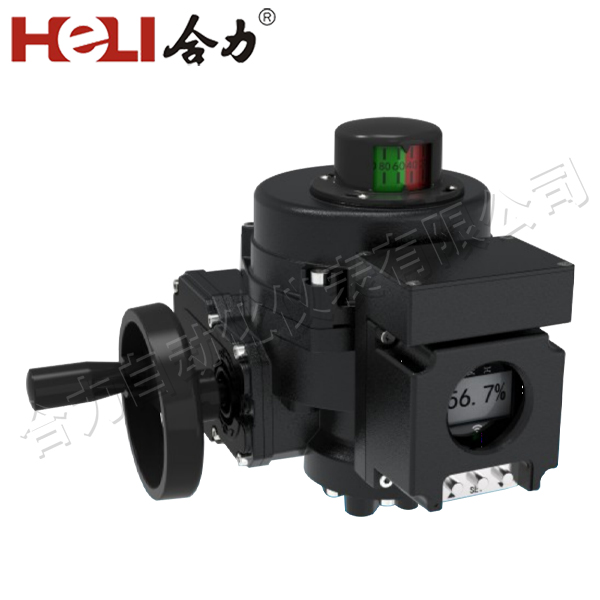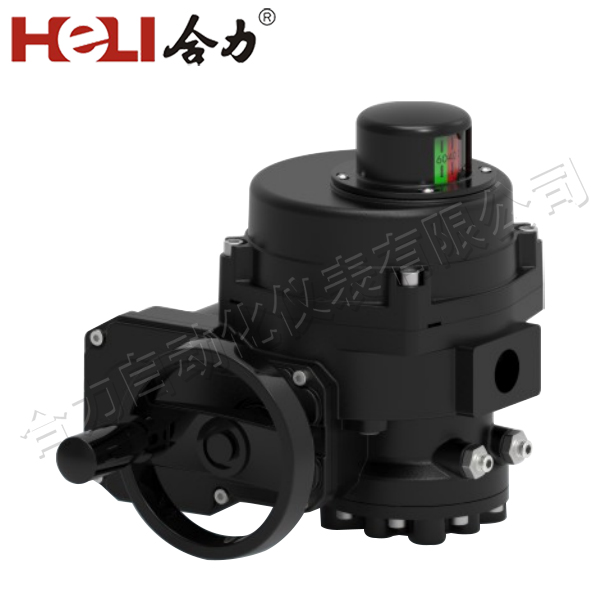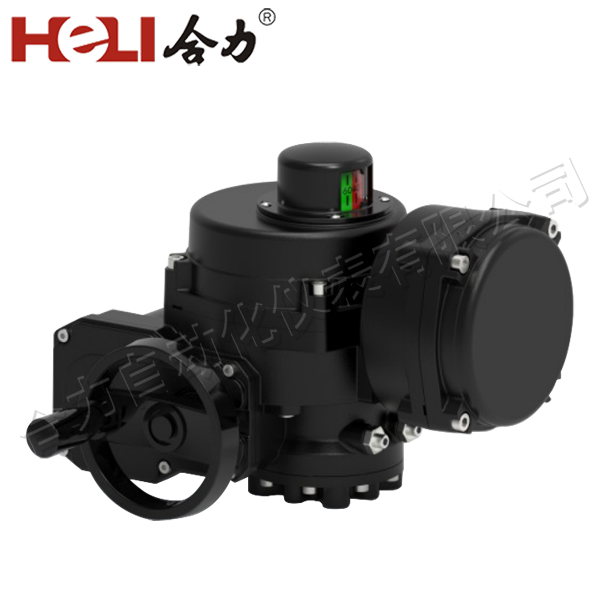exploring the potential of hydrogen energy electric actuators
Release time:2025-01-11 17:30:14
In recent years, the quest for sustainable energy solutions has gained unprecedented momentum. Among various emerging technologies, hydrogen energy stands out as a promising candidate for powering the future. Hydrogen energy electric actuators, in particular, have attracted attention for their potential applications across various industries, including automotive, aerospace, and industrial automation. This article delves into the concept of hydrogen energy electric actuators, their benefits, challenges, and future prospects.

Understanding Hydrogen Energy Electric Actuators

Hydrogen energy electric actuators are devices that utilize hydrogen as a fuel source to generate electrical energy, which in turn powers actuators—mechanical devices that convert energy into motion. These actuators can perform a wide range of tasks, from controlling valve positions to driving motors in machinery. The principle behind hydrogen energy electric actuators lies in the use of fuel cells, which convert chemical energy from hydrogen into electrical energy through an electrochemical process.
Advantages of Hydrogen Energy Electric Actuators




